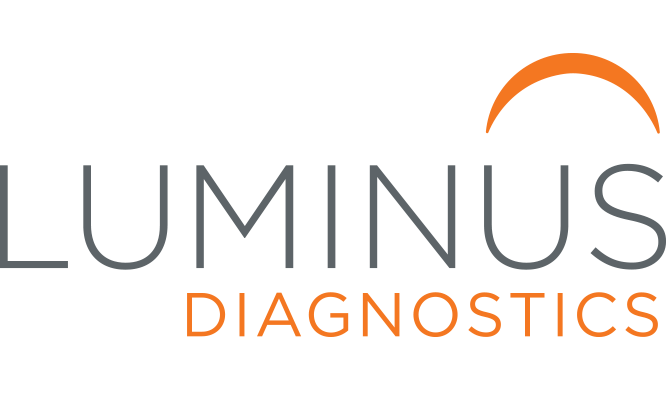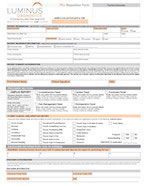What is Amplis™?
Amplis is an advanced genetic™ tool to assist clinicians in prescribing decisions. It provides medication assistance for depression and commonly co-occurring conditions (e.g. heart disease, anxiety, diabetes) and leverages insights from high-quality clinical trials and blood-brain-barrier genetics. Amplis is the most advanced tool available for depression medication management.
Advanced Depression Medication Management:
Amplis provides an array of innovative approaches to depression medication management including:
- Antidepressant guidance based off advanced blood-brain barrier and liver genetics
- High quality clinical trials on antidepressant genetic guidance, including a Randomized Controlled Trial and Concordance Study
- Genetic guidance for medications for conditions which commonly co-occur with depression, such as heart disease, diabetes and anxiety
- Non-genetic guidance features will assist in managing late-life depression, polypharmacy and deprescribing issues in the elderly
- Access to an in-depth modeling tool
The Amplis™ Report provides you with a powerful new tool to guide your prescribing decisions. With a simple cheek swab, you can get a personalized view of your patient, with guidance on which medications may be the best match for their genetic profile.
CLINICIAN BENEFITS
- The Amplis™ Report is a decision support tool for clinicians, based on advanced genetic technologies. This personalized report may lessen the need for trial-and-error prescribing and reduce adverse reactions. Amplis may lessen the trial and error of medication prescribing by providing you with suggested medications and doses that are based on your patient’s genetic profile
- Amplis™ may reduce adverse drug reactions by providing you with a risk analysis of your patient’s current drug regimen and access to a portal that will enable you to model alternative medication plans in real time
DID YOU KNOW?
- Depression commonly co-occurs with chronic conditions including diabetes and heart disease. Depression is associated with reduced adherence to care plans
- The current standard of care for antidepressant treatment is trial-and-error and there is only a 50% response rate
- Late life depression occurs in 10 – 15% of people over 65 years of age
- 30% of older adults in the United States taking five or more drugs simultaneously, also known as polypharmacy.
- Polypharmacy has been shown to increase risk for negative health outcomes resulting from drug-interactions, medication non-adherence, decreased functional status and geriatric syndromes (e.g. delirium and falls)
References
- Bain et al (2018) Implementation of a pharmacist-led pharmacogenomics services for the Program of All-Inclusive Care for the Elderly (PHARM-GENOME-PACE). J Am Pharmaco Assoc. 58(3)
- Bousman CA.. Singh AB.. et al (2017). Concordance between actual and pharmacogenetic predicted desvenlafaxine dose needed to achieve remission in major depressive disorder: A 10-week open-label study. Pharmacogenetics and Genomics, 27.1:1.
- Bousman CA.. Eyre HA.. et al (2019) Pharmacogenetics tests and depressive symptom remission: a meta-analysis of randomized controlled trials. Pharmacogenomics. 20(1).
- Chang DD .. Eyre HA.. et al (2018) Pharmacogenetic guidelines and decision support tools for depression treatment: application to late-life. Pharmacogenomics. 19(16).
- Gharani et al (2013) The Coriell personalized medicine collaborative pharmacogenomics appraisal, evidence scoring and interpretation system. Genome Medicine, 5:93.
- Peterson K et al (2017) The Comparative Effectiveness, Harms, and Cost-effectiveness of Pharmacogenomics-Guided Antidepressant Treatment versus Usual Care for Major Depressive Disorder. VA Evidence-based Synthesis Program. www.ncbi.nlm.nih.gov/books/NBK384610/
- Singh AB (2015). Improved antidepressant remission in major depression via a pharmacokinetic pathway polygene pharmacogenetic report. Clinical Psychopharmacology Neuroscience, 13.2:150.
PRODUCT & SCIENCE
Amplis provides best in class guidance on medication treatments with four key unique points:
- Genetic and non-genetic guidance
- Antidepressant guidance based off of advanced blood-brain barrier and liver genetics
- Guidance for diverse medication classes derived from a world-leading precision medicine study
- Access to a dynamic portal


